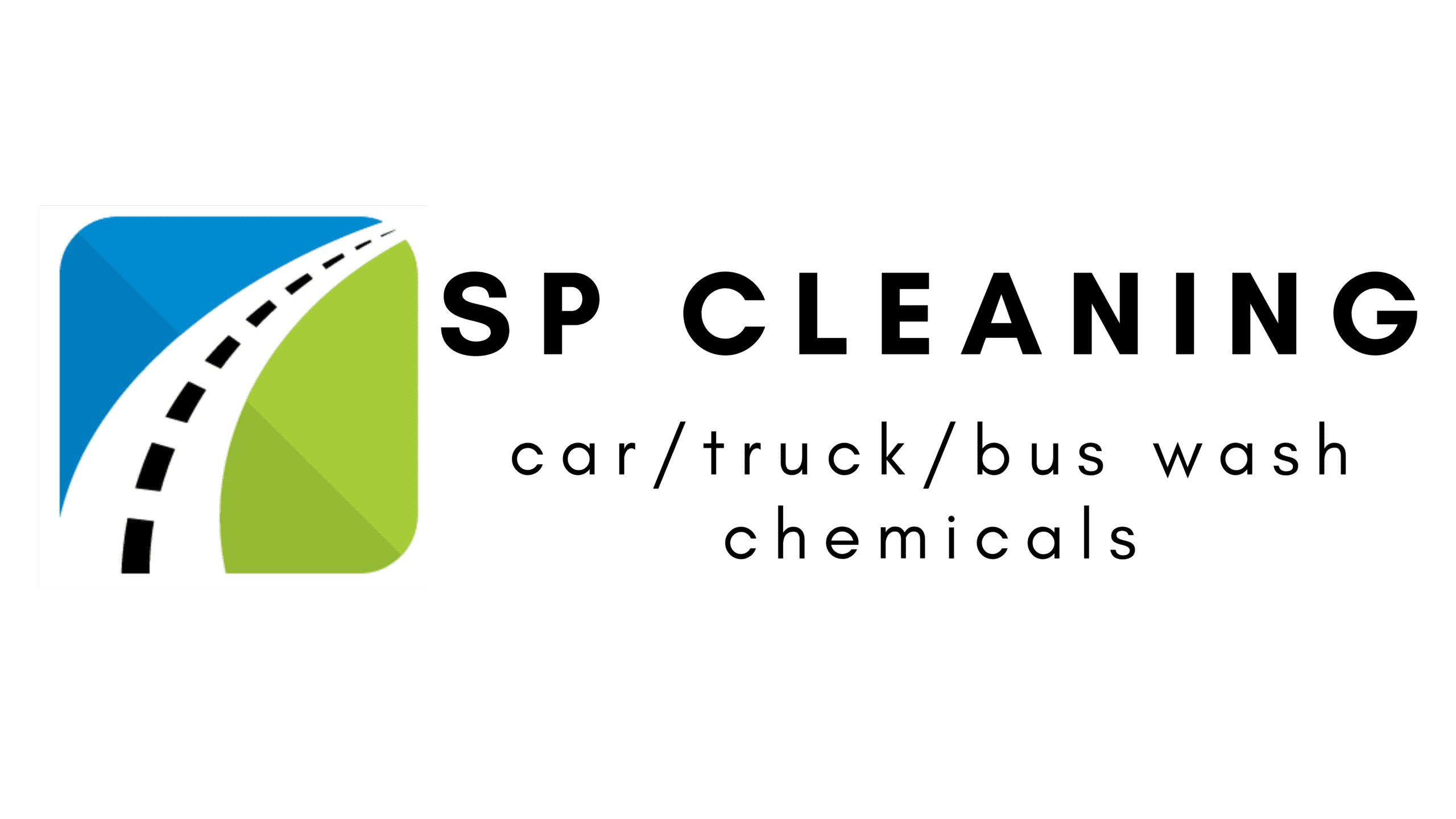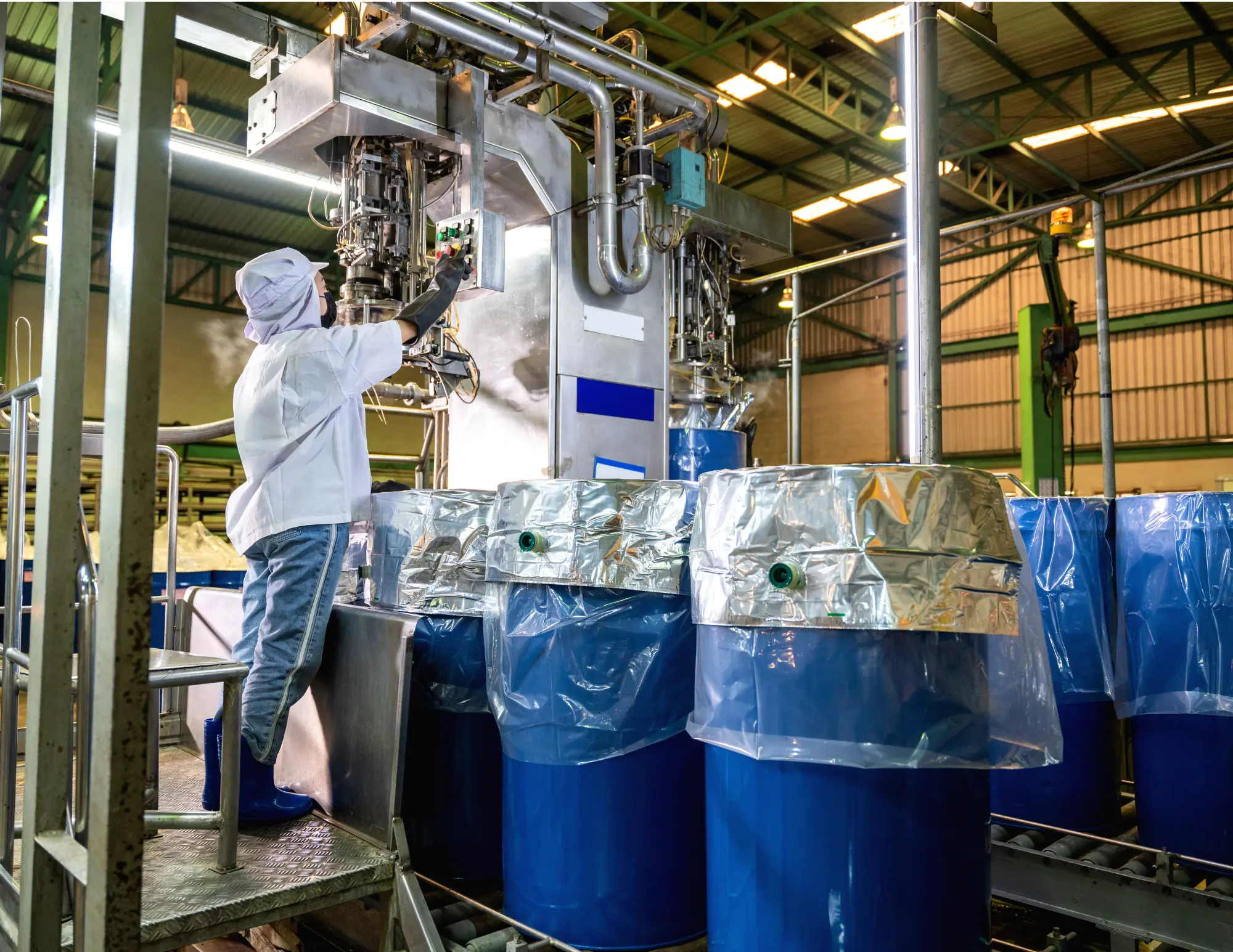Have you ever wondered how to get the best results with pressure-washing chemicals?
You’re in the right place. Using these chemicals effectively can make all the difference in your cleaning projects.
I’ll share some practical tips to help you master the art of pressure washing. Whether you’re a newbie or a seasoned pro, these insights will make your job easier and more efficient.
Let’s get started!
Key Takeaways
- Understand the Basics: Know the types of chemicals available for pressure washing and their specific uses.
- Choose the Right Chemical: Different tasks need different chemicals. Learn which ones are soaps, corrosives, or detergents.
- Proper Application: Follow guidelines on how to apply chemicals safely and effectively to get the best results.
- Safety First: Always wear protective gear and read labels to avoid accidents or damage.
- SP Cleaning’s Solution: Consider SP Cleaning’s products for a reliable and effective pressure washing experience.
- Stay Informed: Keep up with best practices and new products to maintain your equipment and surfaces.
1. Basics of Pressure Washing Chemicals
1. Types of Chemicals
Many chemicals are used in pressure washing. Detergents help remove dirt and grime. Bleach kills mold and mildew. Degreasers cut through oil and grease. Choosing the right chemical is important. Using the wrong one can damage surfaces or be less effective.
Look for eco-friendly options. These are safer for plants and animals. They also reduce pollution.
2. Safe Use Practices
Always wear protective gear when handling chemicals. Gloves, goggles, and masks keep you safe. Store chemicals in a cool, dry place. Keep them out of reach of children and pets.
Read the manufacturer’s instructions before use. Follow the guidelines for mixing and applying. Dispose of chemicals properly to avoid harm.
3. Chemicals vs. Surfaces
Different surfaces react differently to chemicals. Wood can be damaged by strong cleaners like bleach. Concrete can handle more powerful chemicals, but metal may rust if not rinsed well.
Test a small area before full application. This helps ensure the chemical won’t cause damage. Choose the right cleaner for each surface to get the best results.
2. Breaking Down Chemical Types
1. Vinegar and Citric Acid
Vinegar and citric acid are great for removing organic stains. They work well on mold, mildew, and algae.
You can make a homemade cleaner with these acids. Mix one part vinegar or lemon juice with three parts water. This solution is eco-friendly.
However, be careful using acidic solutions on sensitive surfaces. They can damage marble and limestone.
2. Oxalic Acid Benefits
Oxalic acid is excellent for removing rust and tough stains. It works well on concrete and tiles.
It is very strong, so handle it carefully. Wear gloves and goggles to stay safe.
Use oxalic acid for specific tasks like cleaning driveways or patios. It makes them look new again.
3. Sodium Solutions
1. Sodium Hypochlorite
Sodium hypochlorite sanitizes and brightens surfaces effectively. It kills bacteria and removes stains.
Be cautious with sodium hypochlorite. It can harm plants and animals. Always dilute it properly. Use one part sodium hypochlorite to ten parts water.
2. Sodium Hydroxide
Sodium hydroxide removes grease and fat efficiently. It’s useful on steel and glass surfaces.
Handle it safely by wearing protective gear. Rinse the surface thoroughly after use to avoid residue.
4. Bleach and Ammonia
Never mix bleach with other chemicals, especially ammonia. This combination produces toxic fumes.
Bleach is good for sanitizing surfaces. Ammonia works well for general cleaning tasks.
Ensure proper ventilation when using these chemicals. Wear gloves and safety glasses.
5. Potassium Hydroxide
Potassium hydroxide is used in soap making. It’s effective in many cleaning products.
This chemical is biodegradable, making it environmentally friendly.
Handle potassium hydroxide carefully. Mix it with water slowly to avoid splashes.
3. Soap, Corrosives, and Detergents
1. Soap Basics
Using soap in pressure washing is beneficial. It is gentle on surfaces and eco-friendly. Soap works well on delicate materials like wood.
p differs from other cleaning agents. It has less cleaning power than detergents but is safer for many surfaces. Soaps are less likely to damage paint or wood.
Making homemade soap solutions is easy. Mix water with a small amount of liquid soap. You can add vinegar for extra cleaning power. This mixture works well for light dirt and grime.
2. Detergent Deep Clean
Detergents are better for tough cleaning jobs. They break down grease, fats, and stubborn stains more effectively than soap.
The chemical composition of detergents makes them strong cleaners. They contain surfactants that target specific types of dirt and grime. This makes them ideal for oily or greasy surfaces.
Choose the right detergent for the task. For example:
- Use degreasers for oil stains.
- Use specialized detergents for concrete or brick.
- Ensure the detergent matches the washer’s specifications.
3. Handling Corrosives
Proper gear is crucial when using corrosive chemicals. Wear gloves, goggles, and protective clothing to stay safe.
Store corrosive materials safely. Keep them in labeled containers away from children and pets; dispose of chemicals properly and do not mix chemicals. Dispose of them according to local regulations to avoid environmental harm.
Use corrosives only when necessary. They are powerful but can damage surfaces if misused. Choose them for heavy-duty tasks where other cleaners fail.
4. Applying Pressure Washing Chemicals
1. DIY vs. Professional
Doing pressure washing yourself can save money. However, it may not be as effective. Professionals know how to use pressure-washing cleaning products properly. They have experience with hazardous chemicals and delicate surfaces.
DIY pressure washing has risks. Inexperienced users might damage surfaces or hurt themselves. Professionals ensure safety and quality results.
2. Techniques for Application
First, pre-soak the area with water. This helps the pressure-washing detergent work better. Apply the chemical evenly across the surface. Follow the manufacturer’s dwell time instructions.
Rinse thoroughly after the dwell time. Avoid over-applying or missing spots. These mistakes can lead to poor results or damage.
3. Safety Measures
Always wear protective gear when handling pressure washing chemicals. Gloves, goggles, and masks are essential. Store chemicals in a safe place away from children and pets.
Be ready for emergencies. Know what to do if there is accidental exposure or a spill. Keep emergency contact numbers handy.
Check your equipment regularly. Ensure that your pressure washing machine works properly to avoid accidents.
5. SP Cleaning’s Ultimate Solution
1. Why Choose SP Cleaning
SP Cleaning a Canadian chemical manufacturer offers many advantages for pressure washing. They have expertise and access to commercial-grade chemicals. This ensures a thorough and professional cleaning.
They also care about the environment. SP Cleaning uses eco-friendly cleaning solutions. These solutions are safe for your home and the planet.
SP Cleaning provides customizable plans. They meet the specific needs of each client. You get a tailored service that fits your requirements.
2. Save with Direct Purchase
Buying pressure-washing chemicals directly can save money. Purchase from suppliers or manufacturers for the best prices.
Buy in bulk to save even more. Store chemicals properly to keep them effective. Frequent users can benefit a lot from bulk buying.
Quality assurance is important. Always buy from reputable sources. This ensures safety and effectiveness.
3. Optimal Solution for Every Surface
Choosing the right chemical is crucial. Different surfaces need different solutions. The wrong chemical can cause damage.
Here’s a quick reference guide:
- Concrete: Use alkaline cleaners.
- Wood: Use mild detergents.
- Glass: Use non-abrasive cleaners.
- Metal: Use rust removers or degreasers.
Consult professionals for large projects. They ensure you get the best results without harming surfaces.
6. Summary
You’ve got the lowdown on pressure washing chemicals—what they are, the types, and how to use them. SP Cleaning’s ultimate solution wraps it all up, making your cleaning game strong for those who sell pressure washing services under price pressure washing service. Now it’s time to put this knowledge to work.
Ready to take your pressure washing to the next level? Grab those chemicals and get started!
7. Frequently Asked Questions
1. What are pressure-washing chemicals?
Pressure washing chemicals are specialized solutions designed to enhance the cleaning power of your pressure washer. They help break down dirt, grime, and stains more effectively than water alone.
2. How do I choose the right chemical for my pressure washer?
First, identify the surface you’re cleaning. Different surfaces need different chemicals. Read labels carefully and ensure compatibility with your pressure washer.
3. Are soap, corrosives, and detergents different?
Yes! Soaps are mild and biodegradable, great for general cleaning. Corrosives are strong and can remove tough stains but require caution. Detergents fall in between, effective for a variety of tasks.
4. Can I mix different chemicals together?
No, mixing chemicals can be dangerous. It can cause harmful reactions or reduce effectiveness. Always follow manufacturer guidelines.
5. How do I apply pressure-washing chemicals?
Apply the chemical using a low-pressure setting first. Let it sit for a few minutes to break down the grime, then rinse off with high pressure.
6. Is there an all-in-one solution for pressure washing?
SP Cleaning offers an ultimate solution that works on multiple surfaces. It’s versatile and easy to use, making your cleaning tasks simpler.
7. Are pressure-washing chemicals safe for the environment?
Many are biodegradable and eco-friendly. Always check the label to ensure you’re using an environmentally safe product.



